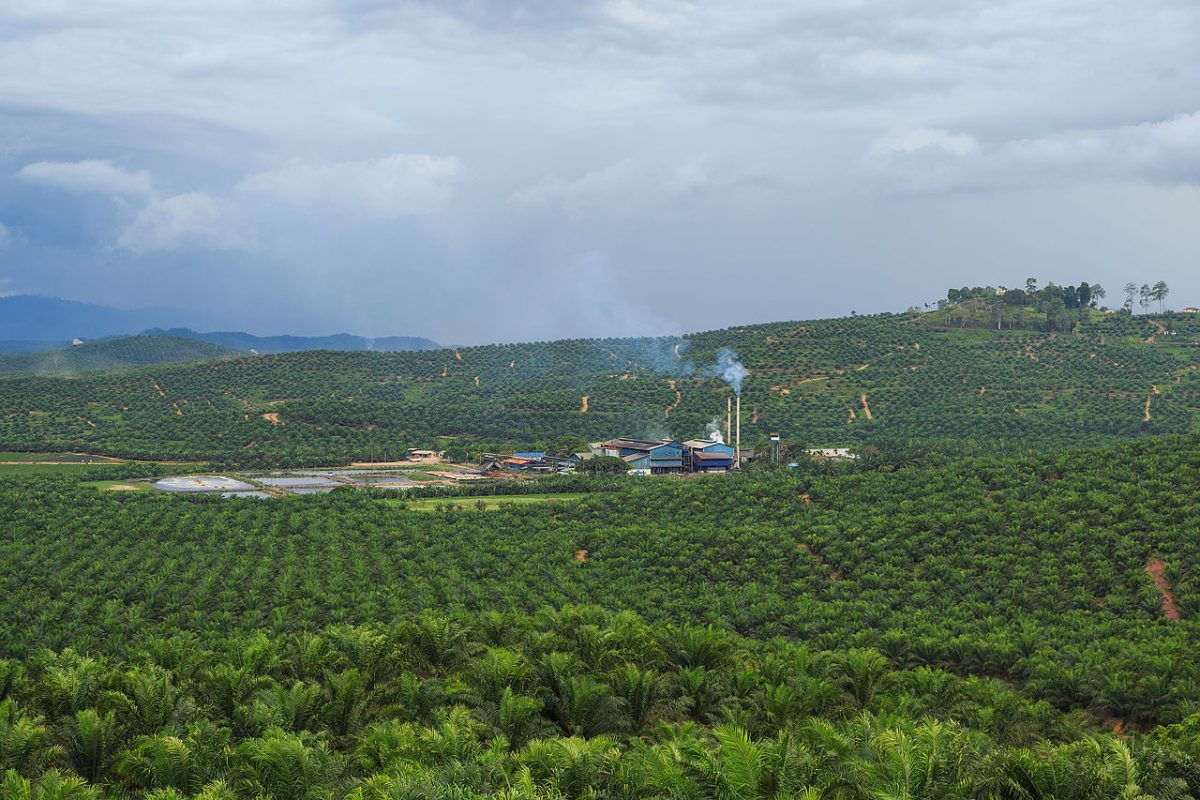If you are keen on reading ingredient labels located on packaged food and other goods, you may have noticed a new oil that has quickly begun to dominate the competition.
According to Say No To Palm Oil, palm oil is an edible vegetable oil derived from the fruit of oil palm trees. It also seems to be the perfect sustainable substitute for traditional vegetable oil with much higher oil yields per acre of planted trees.
Large corporations, such as Kraft and Walmart, are attracted to using the oil in food and toiletry products because of its low cost of production.
Since palm oil is naturally solid at room temperature, many nutritionists argue that it is healthier for your heart than partially hydrogenated oils that create harmful trans fats.
However, the hidden costs of producing palm oil have surfaced in a recent article published by the Scientific American.
Palm oil plantations are now spreading rapidly across Africa, where nations are hopeful of mimicking the success of countries like Indonesia and Malaysia, which have generated billions of dollars by converting huge tracts of rainforest into palm oil plantations.
Cameroon, an African nation with large segments of land set aside for protection as proposed national parks, is no exception to the allure of the palm oil industry. Local governments in Cameroon see the new plantations as a source of economic development for surrounding impoverished villages and revenue for the entire country.
On the contrary, local environmentalists view this land cultivation as an impending environmental disaster, especially for primates.
Environmentalists argue that if plantation development continues in the area, cheap labor will flood in from all areas of the country to aid in palm oil cultivation. To make room for both the new plantations and laborers, precious primate habitats will be destroyed.
“Palm oil companies frequently clear-cut and burn huge tracts of native tropical forests, forests that support an incredible amount of biodiversity,” Clemson University professor of primatology Lisa Rapaport said. “Many species — whose numbers are already in steep decline from the wildlife trade and habitat loss — are being pushed to the edge of extinction from the added threat of the devastation caused by palm oil.”
The International Union for Conservation of Nature lists primates as particularly vulnerable to the development of palm oil plantations in Africa due to up to 80 percent living outside of designated protection zones. For those species of our closest primate relatives that are not resilient, it could mean extinction.
While many companies boast promises of sustainable palm oil agriculture, it is extremely difficult to validate their claims because plantation practices are often not closely monitored by reliable sources.
A quick search online offers a list of companies that use palm oil in their products ranging from those that have promised to source sustainably to companies that have made no commitment or comment on the subject.
The safest way to ensure that the products you buy are sustainably sourced is to check food ingredient labels and purchase items that do not contain any palm oil. The survival of numerous primate species may be dependent on your consumer purchases … please remember to choose wisely.
Tigra Scientifica: Palm oil plantations pose major threat to survival of primates
August 28, 2017
Donate to The Tiger
Your donation will support the student journalists of Clemson University . Your contribution will allow us to purchase equipment and cover our annual website hosting costs.













